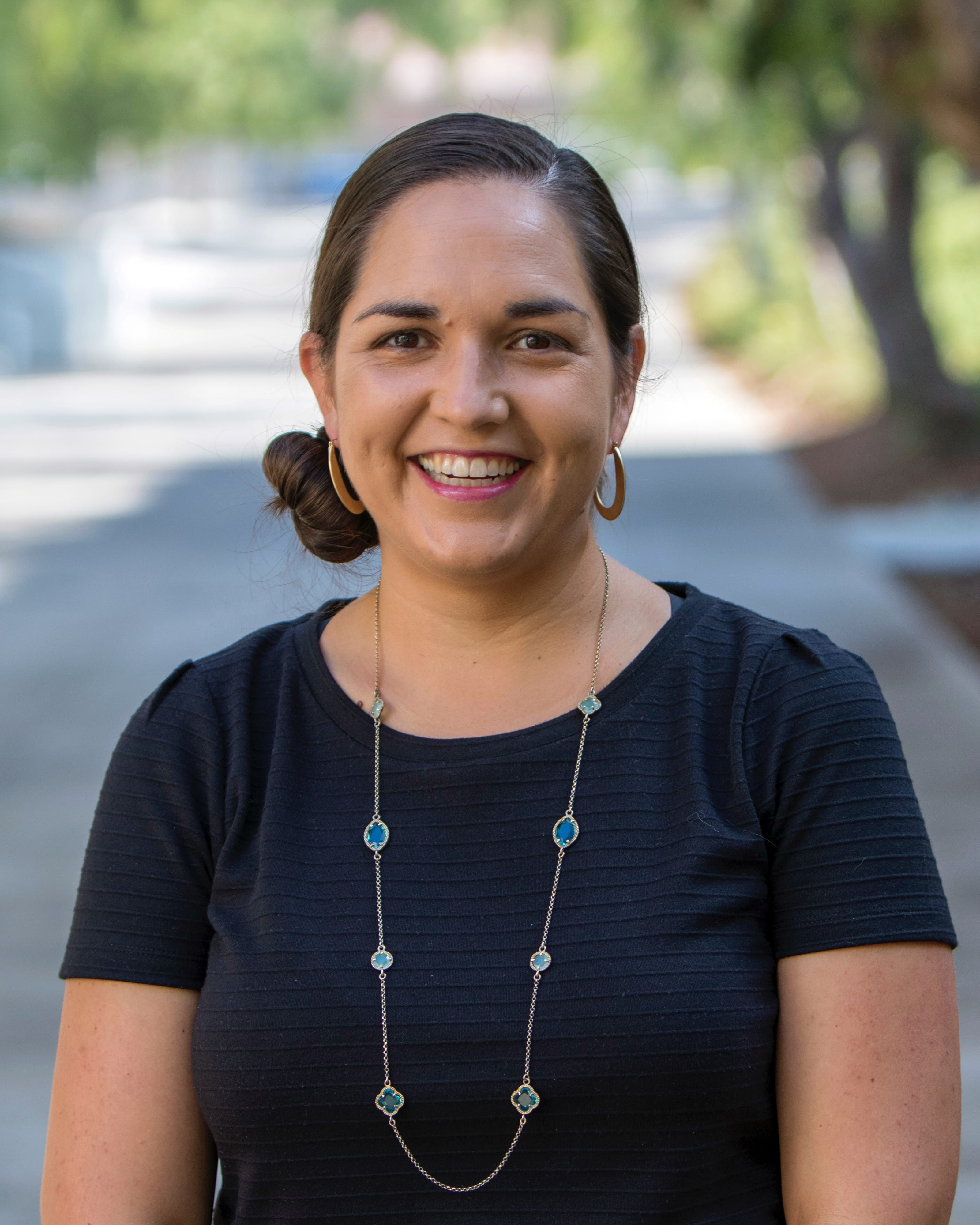Young scientists of the world unite
Global Young Academy, co-chaired by UCI chemist Gregory Weiss, supports, gives voice to world’s junior researchers.

UC Irvine chemist Gregory Weiss was one of 60 scientists invited last year to the influential Summer Davos meeting in China. Their mission? To find new ways of supporting early career scientists and encouraging gifted students to choose careers in science.
While bouncing around ideas, the group latched onto the “young national academies” movement that started a decade ago in Germany and spread to other countries. The academies foster the career development of a nation’s junior scientists, facilitate communication with the public, and provide advice on science policy.
It occurred to the Davos group: Why not take that model international?
A few months later, Weiss has played an integral role in creating the Global Young Academy, which helps scientists overcome the hurdles that also discourage student researchers from going into academia.
“Too often and in too many nations, the best junior scientists rarely meet their counterparts from other countries and rarely receive proper recognition for their work,” Weiss says. “It’s an unfortunate situation that stifles the collaboration necessary to address complex global problems like climate change, resource depletion and public health disparities. These issues are too big for one country, or one discipline, to address.”
In February, 40 young scientists from more than 20 nations convened in Berlin to form the GYA. They elected Weiss founding co-chair, along with Nitsara Karoonuthaisiri from the National Center for Genetic Engineering & Biotechnology in Thailand.
The GYA plans to expand its membership to 200 of the most talented researchers in their mid-30s from every scientific discipline and geographical region — each nominated by his or her country’s national academy.
Already, the GYA has begun to affect global science policy. It directly contributed to the formation of national academies for early career scientists in Egypt, Tanzania, Ethiopia and Europe. Its members have also begun assembling international collaborations and position papers on such topics as science education in developing countries, programmatic support for junior scientists and regional issues.
“Looking ahead, we see the GYA as the global voice of young scientists,” Weiss says. “Together, we aim to overcome the gaps in science between developed and underdeveloped countries, between less and more experienced scientists, and between different disciplines.”
Bridging scientific efforts in the U.S., Europe and other developed countries and those in underdeveloped African and Asian nations is a critical step toward using science to solve global problems, he says.
“For instance, American and European researchers working on global health issues like HIV and malaria need to collaborate with colleagues in the lesser-developed nations where these illnesses are endemic,” says Weiss, a professor of chemistry and molecular biology & biochemistry.
“The exchange of ideas across disciplines, cultures and nationalities can expand opportunities for scientists around the globe, increase scientific capacity and improve the state of the world.”
Weiss’ research involves the use of advanced screening technology to find active molecules that could be the bases of new drugs to treat HIV and cancer, and he already has seen the benefits of international collaboration.
“The other day, the student researchers in my lab participated in a phone conference with my collaborators in Thailand, and their level of excitement was just electric,” Weiss says. “It’s that passion the GYA wants to engender and spread among the world’s young scientists.”


